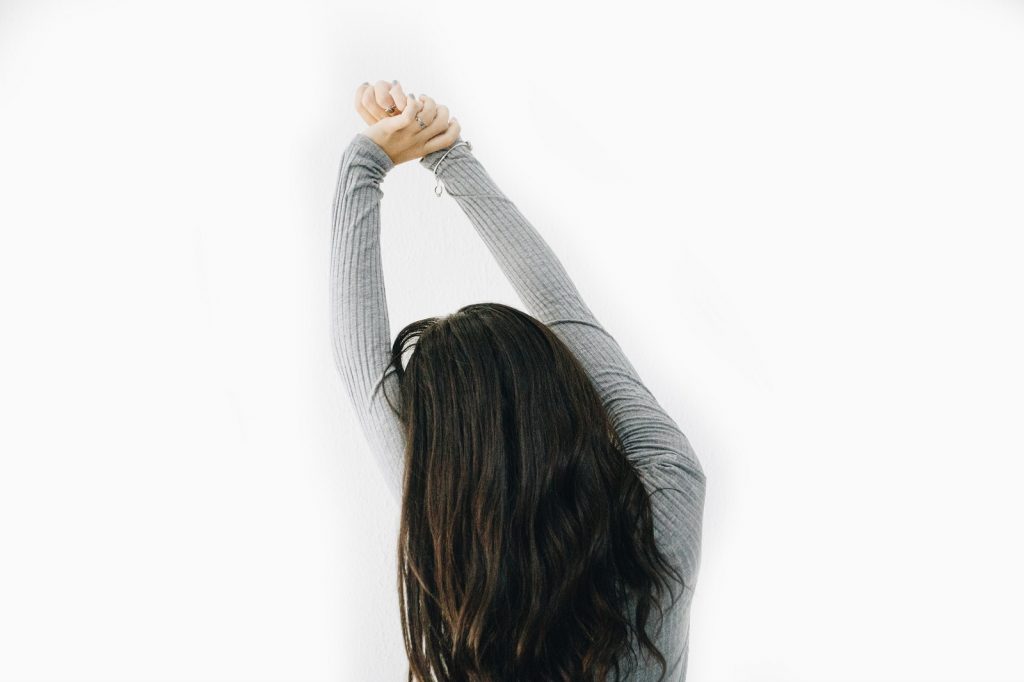We’ve all heard that exercise is a wonderful stress reliever. Indeed, most of us have enjoyed the positivity that follows a good work out first hand. Sometimes though, the mere thought of hitting the gym and getting all sweaty after a hard day at the office is enough to put the exercise regime well down the list of priorities. Way, way down that is, after takeaway pizza, Narcos on Netflix, a gossip with friends, another episode of Narcos, a scroll through Instagram and about any other act of procrastination you can think of.
But we all need an activity to help us unwind, detangle and loosen up, post work, even if 10 K on the treadmill is a cross too heavy to bear. With that in mind, here are 5 IDEAL exercises to help relax you after a stressful day.
PROGRESSIVE MUSCLE RELAXATION
You may think that relaxing is all about doing nothing, kicking back and watching the telly. However, it turns out that watching T.V to destress can actually make you feel worse. So if you’re feeling stressed and want to unwind, active relaxation (yes, we know it sounds like an oxymoron) could be the answer.
Active relaxation is all about choosing activities that contribute to a deep sense of wellbeing – not simply ‘switching off’ – and one of these is progressive muscle relaxation. This simple technique is based on the practice of tensing your muscles, then releasing them, which when combined with mindful breathing exercises can relieve all that built-up tension and stress, both physical and psychological. Which brings us on to our next point…
BREATHING EXERCISES
Take a deep breath in, letting it flow deep down into your belly. Now let it out. We bet you’re feeling a little more relaxed already. Breathing exercises (another active relaxation technique) are one of the most simple and effective ways to relax. You can do them standing up, sitting down, lying on your bed…the possibilities are endless.
Can’t concentrate on your breathing? Well, if you’re finding it hard to focus, consider using the Gravity relaxation keystone and cradle, which comes recommended by professionals. The award-winning two-part recovery system allows your body to rest in the perfect position to promote a change in the nervous system, this helps to control blood pressure, breathing and your heart rate. Thus triggering your body’s natural ability to relax, freeing your mind as much as your body.
SOME SIMPLE STRETCHES
Who doesn’t find at least a little tension released when stretching your hands skyward? You know, that over exaggerated yawn we’ve all seen a million times on cartoons? Well, it’s been proven by scientists to reduce tension. To get technical, it’s believed that stress restricts the flow of blood; stretching stimulates receptors in the nervous system that decrease the production of stress hormones. So next time you’re at home after a day in the office which has brought you down, harness the power of the stretch.
VISUALIZATION
We’ve all heard of psychotherapists using mental imagery in therapy to bring their patients into a relaxed state of mind. You know how it goes – imagine a meadow bathed in golden sunlight with a trickling stream……….
Oops, sorry about that, I think we zoned out for a moment. Where were we? Ah yes; visualisation. While that particular mental image may have in fact made you need to use the bathroom, it turns out that visualisation can be an effective exercise in relieving stress. Next time you’re feeling under pressure, picture golden sands, fields of wheat, the garden of your childhood home…anything that helps you escape, mentally.
IMMERSE YOURSELF IN MUSIC
Don’t think that listening to music counts as an exercise? Think again. Your ears deserve a little work out too. Indeed, immersing yourself in music, preferably with some quality headphones and chilled out grooves at a slow tempo, can lower the heart rate and help you lose yourself from the fast-paced and frantic world around you. The professionals call this a sound bath; a warm envelope of calm and clarity. And we all need that escapism, right?








